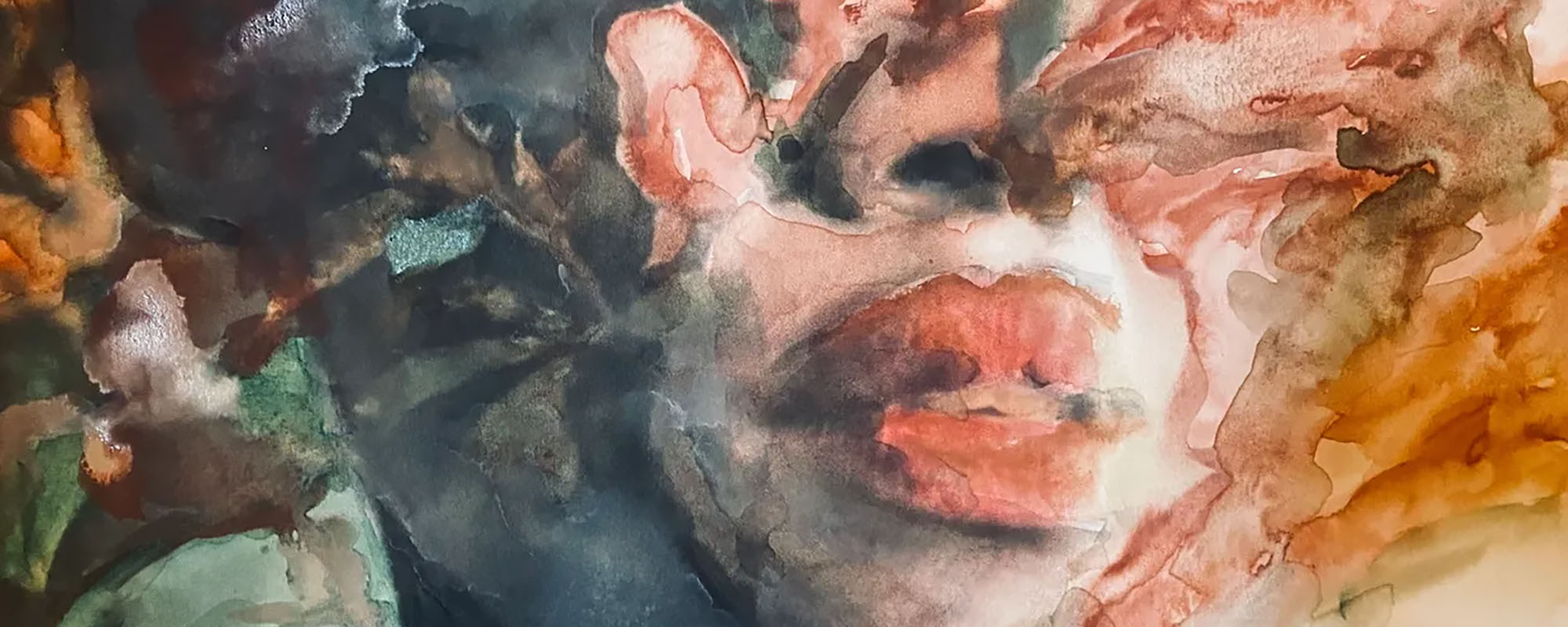In the 1960s, psychologists Roger Sperry and Michael Gazzaniga performed experiments on patients who had the connections between the left and right side of the brain cut as an extreme treatment for epilepsy. They stimulated each side of the brain separately and asked patients to draw, arrange blocks, talk about their emotions, and so on. These simple experiments proved insightful but misguided.
From their experiments they concluded that the left hemisphere was logical, rational, and good with numbers (the scientist), the right hemisphere was creative, imaginative, and took in the big picture (the artist). This overly simplistic reasoning is drowning out the real beauty of our brain. The real deal is a lot more complex. Take speech. Classically, the left side of the brain is meant to handle it all. Right-handed people do mostly use the left side, but left-handed people tend to use the right side. Imaging studies of brains show that the brain lights up like a firefly using multiple areas for speech. Most complex actions need multiple brain areas.





Comments are closed for this article!